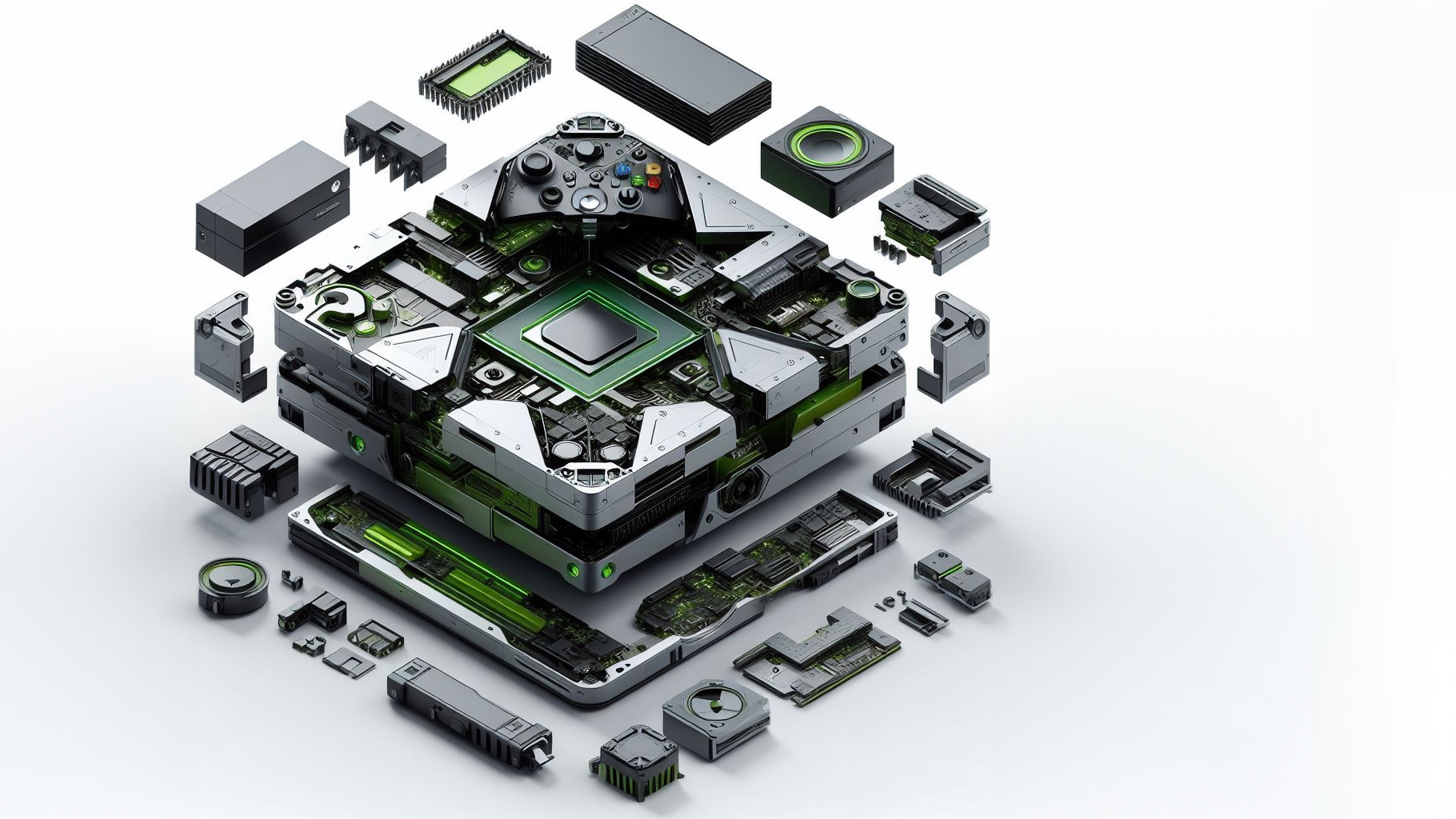
During the Xbox Business Update event, Xbox President and hardware division overseer Sarah Bond detailed how Microsoft's next Xbox console would represent the "biggest technological leap ever seen in a generation," but what exactly does that mean?
Ahead of a full-blown formal announcement, perhaps at a future event like the June 2024 Xbox Showcase, we can all but speculate as to exactly what that means. Bond reiterated the "biggest technological leap" phrase during a recent email to staff, where Sarah Bond also committed an entire team dedicated to game preservation and forward compatibility.
Between hints like the above, Xbox CEO Phil Spencer's teases in a recent interview, and leaked documents from the FTC court case last summer, we can begin to build a picture of what the next Xbox platform might look like. If my theories are true, and if they pull it off, the future of Xbox could be something truly special. Those are potentially big ifs, though.
Bringing Xbox closer to Windows than ever before
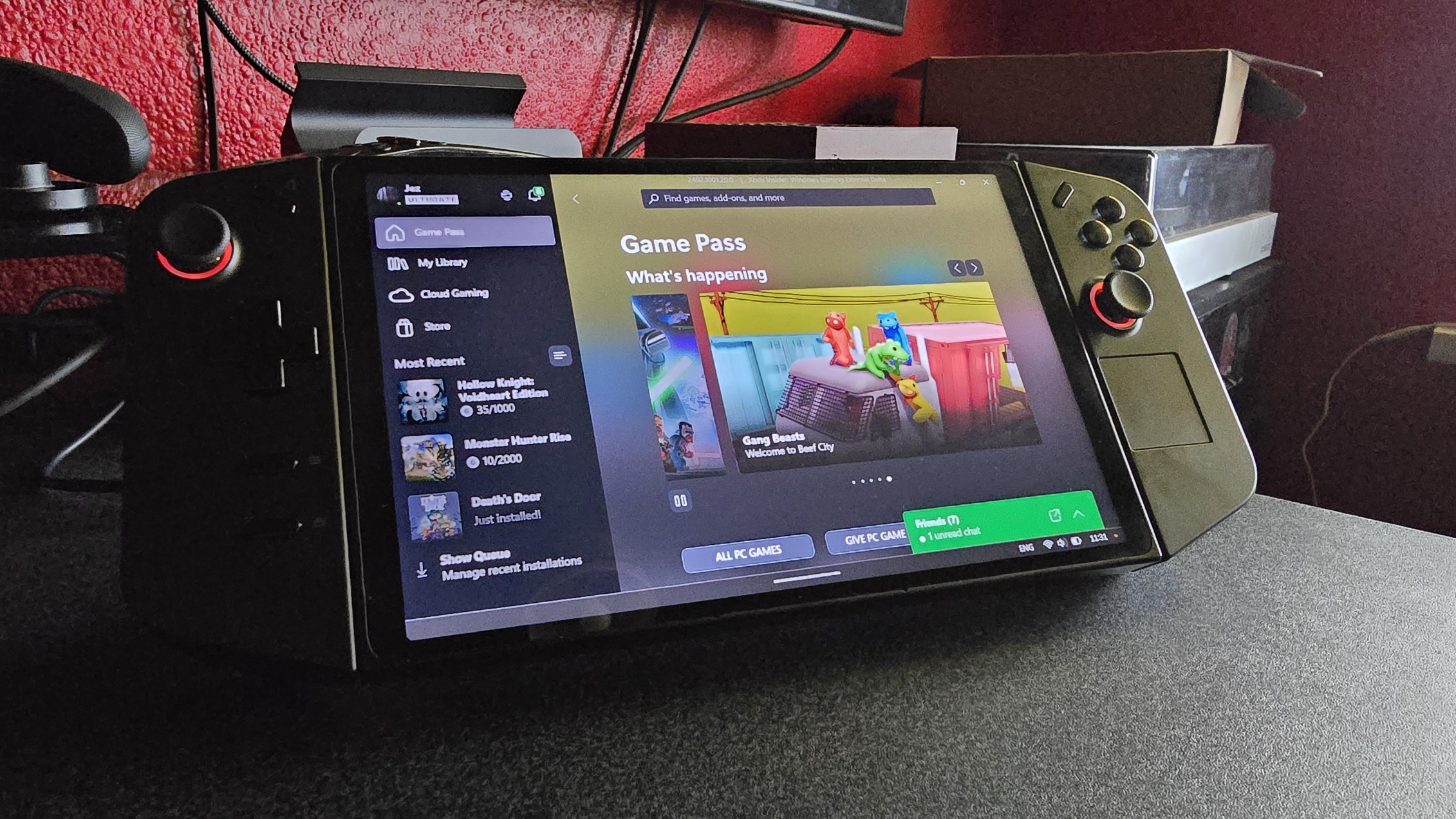
In a recent interview, Xbox lead Phil Spencer said that he'd love to see platforms like the Epic Game Store and other stores like indie PC outlet itch.io come to Xbox. We can assume from this "tease" that this is pretty much part of the plan. During my interview with Phil Spencer a few months ago, he admitted that he doesn't tease things like this without some intent (while also mentioning StarCraft in the same breath, I might add, ahem!). In any case, for the sake of this article, let's just assume that these, indeed, weren't just teases and that the next Xbox platform could see Epic Game Store, itch.io, and maybe even Steam and GOG come to Xbox. What would it take to make that happen?
For those who don't know, all of the above platforms are PC-oriented and deliver traditional Windows Win32 executable games directly to your Windows PC. In the case of Steam, those games run on devices like the Steam Deck via Valve's incredible Proton emulation layer for Linux. Therein, we might be able to glean Microsoft's plans for the next Xbox.
Xbox is already a Windows-based system powered by the same core codebase as Windows 11 today. However, the APIs and drivers that manage game delivery aren't 100% 1:1 with PC, which is why there are some overheads when it comes to porting between systems. The idea of a console is that it's more affordable than the best Windows gaming PC and best gaming laptops out there while also offering comparable performance in some cases. Console manufacturers do this by stripping down the OS to its bare essentials, allowing developers to get "close to the metal" without the overheads of traditional Windows processes. The downside is that there's some work to be done to line up a PC version of a game with an Xbox, PlayStation, or Nintendo Switch version of a game. But what if they didn't need to do this?
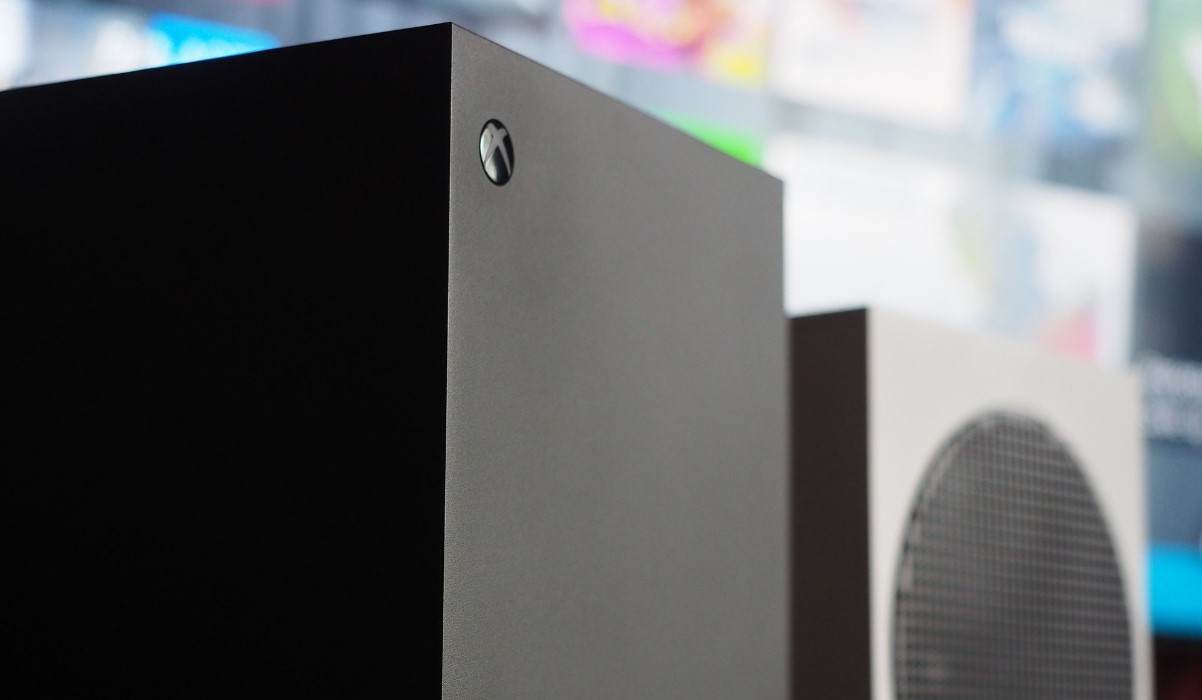
If Xbox is truly going to run things like the Epic Game Store, itch.io, and Steam, then it'll need to be able to run traditional Win32 games and behave like a PC, at least in some regards. Microsoft has been working to close the gap between Xbox and PC game development for years and years already, and the next logical step would be to bring even more API hooks in line to make development between both platforms as simple and easy (and affordable) as possible. It would also be crucial if a game from Epic or Steam is going to run on Xbox without the developer having to put in any additional work to get that running. At the same time, though, that might confuse existing Xbox games that are trying to run on any such system, but that's where Sarah Bond's game preservation team would come in.
Presumably, Microsoft would already have the contracts in place to ensure that our digital and physical libraries are able to shift forward to future paradigms. The Xbox already has some of the best backward compatibility in gaming history, with games from the original Xbox generation available to purchase and run on modern Xbox Series X|S consoles. A more Windows-like but still TV-focused "console"-oriented Xbox would still be able to run all the same Xbox games you have today, even if future ones were developed under the traditional Win32 umbrella.
The end user wouldn't see any real difference in their experiences if Microsoft pulls it off properly. Perhaps in this scenario, every game you buy on an Xbox console is also automatically "Xbox Play Anywhere" by default, giving you license to download and run it on a Windows PC, complete with cross-save, cross-play functionality. You would still be able to buy Fallout 5 or Halo Infinite² from the Xbox or Microsoft Store, or indeed any major third-party game as well. But you would also have the option to open up Steam in TV mode and purchase games that are traditionally less likely to come to Xbox, from smaller PC-focused indie titles to stuff like Genshin Impact and even AAA games from the likes of PlayStation potentially — presuming Sony didn't block them. Given that Microsoft has started bringing some of its games to PlayStation, I would presume that's at least, in part, a fig leaf for a future where PlayStation games do run on Xbox hardware, at least a year later via Steam for Xbox. A strange world, no?
Qualcomm's last hurrah, and the vast potential for Xbox Arm devices
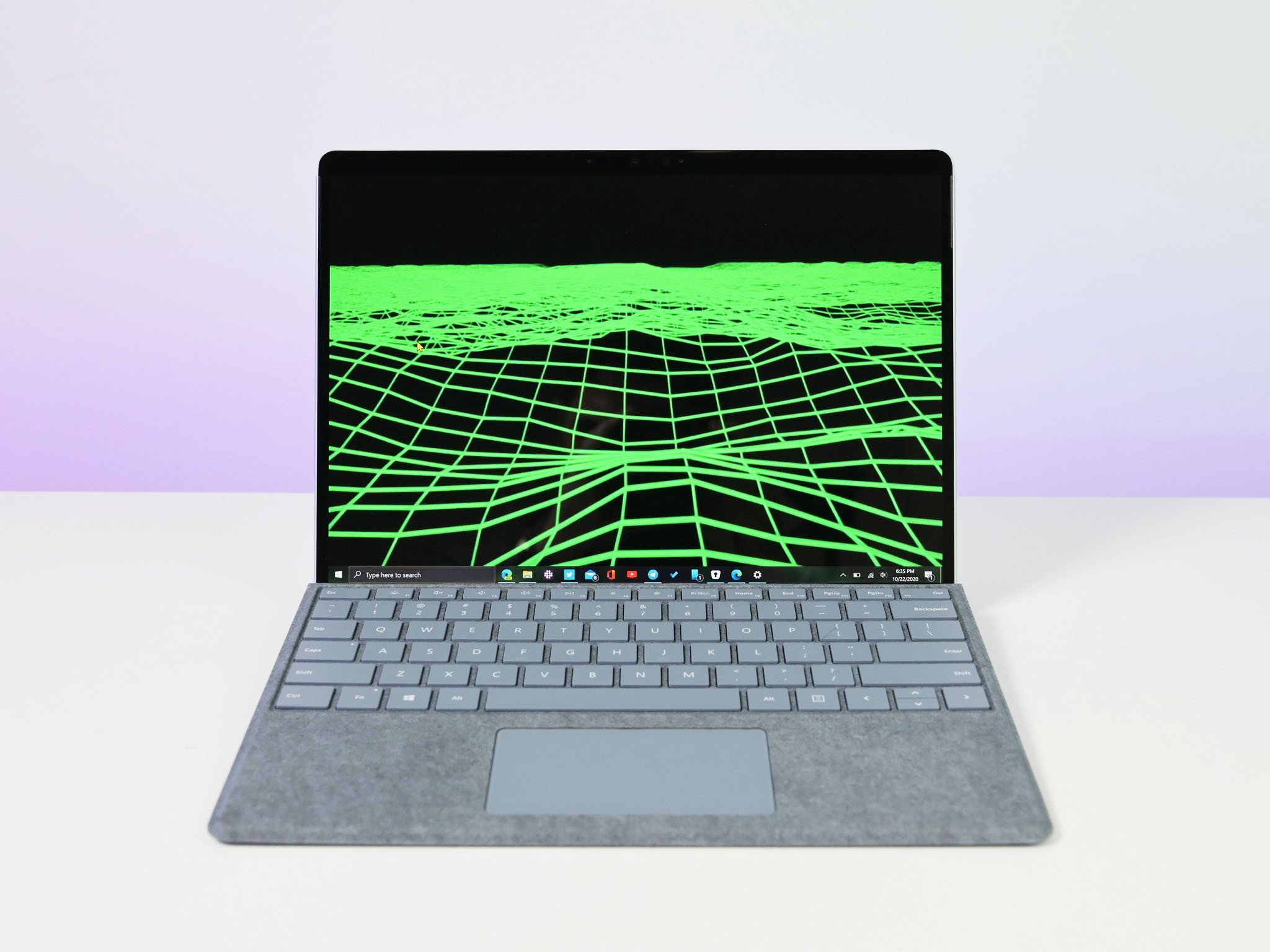
Speaking of emulation, there are huge moves taking place in the world of Windows on Arm right now, and Xbox is likely to be swept up in the deluge.
For those who don't know, Arm is a UK-based company that licenses uniquely efficient chip designs to all sorts of manufacturers. Right now, Qualcomm has exclusive licenses to build chips for Windows devices based on the Arm architecture, rather than the more traditional x86 architecture, oft associated with AMD and Intel. However, Qualcomm's license is set to expire this year, opening up Arm to manufacturers like Intel, NVIDIA, and, indeed, AMD, who frequently partner with Microsoft to build console chipsets at scale.
The latest Qualcomm Snapdragon X Elite processors are coming this summer, and they're designed entirely for PC. Up until now, Qualcomm had focused its efforts around mobile devices, but with x86 manufacturers gearing up to explore the tech for laptops, they've been trying to stake a claim there more seriously in recent years. The Snapdragon X Elite has a ton of hype right now, with claims that it'll unseat Apple's M3 silicon as the best processor for laptop-style devices. Indeed, the primary advantage of Arm architecture is efficiency, which means greater battery life and lower heat generation, all without sacrificing power. You know — the type of stuff you might want if you were developing an Xbox gaming handheld.
Last year, leaked documents via the FTC court case over Microsoft's purchase of Activision-Blizzard suggested Microsoft was exploring Arm processors for the Xbox platform. Arm processors do seem like the future of low-cost, highly efficient computing scenarios, the types you'd want for smaller devices like laptops and tablets and possibly even video game consoles. However, switching to Arm architecture from x86 comes with its own headaches. You do need emulation to get traditional x86 programs and games to run on an Arm processor, but apparently, Qualcomm showcased how the Snapdragon X Elite can run modern 3D games like Baldur's Gate 3 and Control can run at up to 30 FPS at 1080p via Windows emulation layers right now. Now, imagine that chip in a gaming handheld. Today's PC gaming handhelds like the ASUS ROG Ally and Lenovo Legion Go can potentially run Baldur's Gate 3 up to 60 FPS at 1080p in some cases, but the trade-off is battery life. Running Baldur's Gate 3 at max 30w power is going to give you around 30 to 50 minutes of battery life, which is less than ideal. At least in theory, the Arm processing structure would generate these experiences at a fraction of the wattage in the future, leading to boosted battery life scenarios.
But yes, you would need a team dedicated to emulating Xbox and Windows games on Arm architecture to make these scenarios a reality. We've already seen Apple's Arm processors running games like Resident Evil 4 Remake on iPhones, and it's simply logical that as the tech improves, so too will the performance. An uncompromising Xbox handheld running on Arm that provided great native game performance with similarly great battery life seems like a completely realistic scenario — full of games you already own today.
Xbox: the everything platform
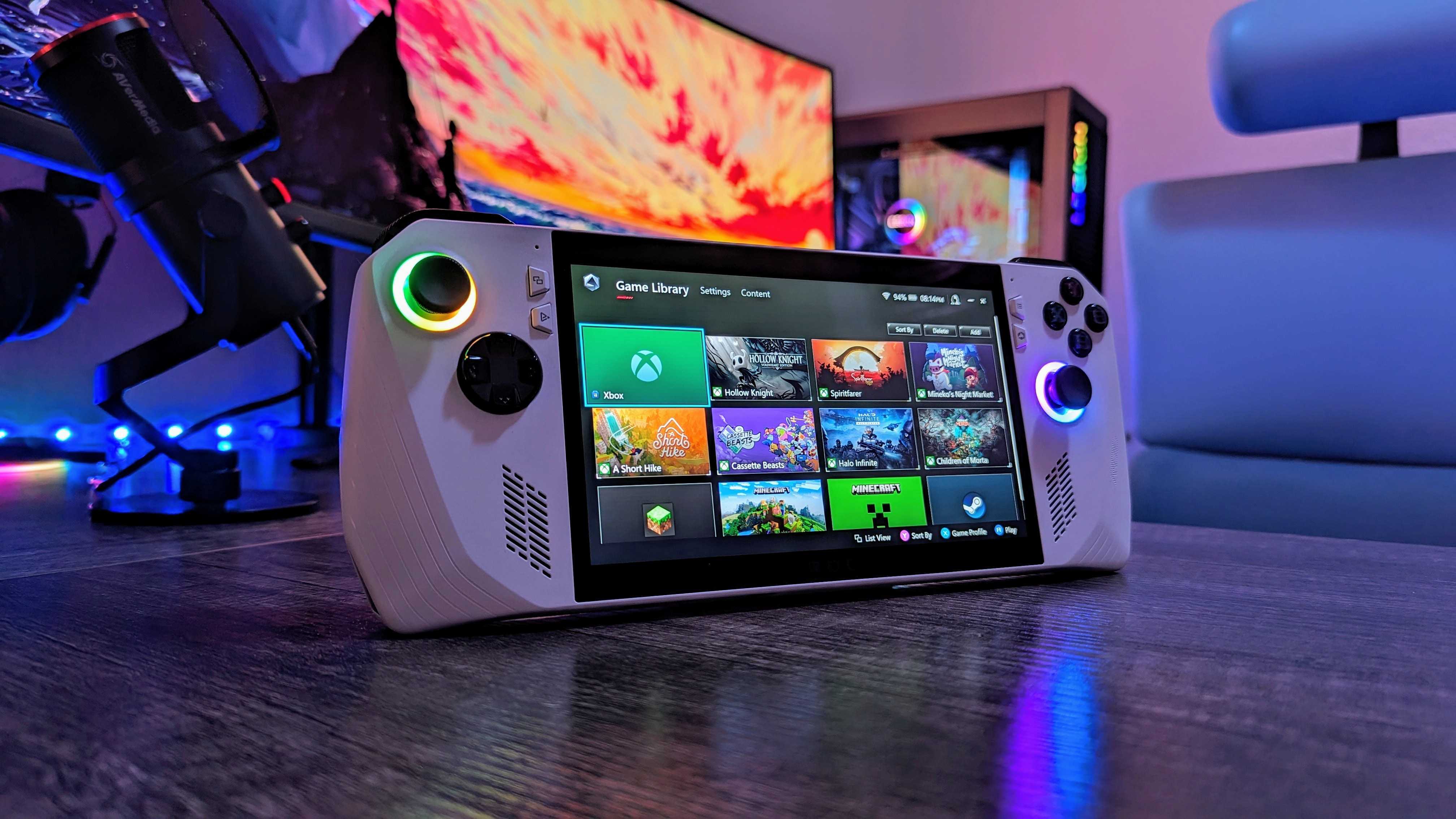
Yesterday, Microsoft revealed that it has brought more of the full Xbox dashboard to the cloud experience. You're now able to set up parties, send messages, and do much more with Xbox Cloud Gaming, which was previously quite restricted by how interactive it could be. Sarah Bond mentioned that cloud gaming is a double-digit growth area for Microsoft, where smart TV integration has really taken off in some territories, giving Xbox another angle to expand its reach. Indeed, the modern Xbox play is expanding horizontally to new markets, given that the overall console market doesn't really seem to be growing anymore.
I wrote previously about how some of this stuff does make me nervous. Microsoft's focus on other platforms has left some Xbox customers wondering where they fit in as we move to this brave new world, and there are plenty of unanswered questions. Does "biggest technological leap" also include raw power? Sony is known to be moving ahead with a PS5 Pro that could leapfrog Xbox Series X in terms of visuals. Will Microsoft still be gunning for the power crown with future Xbox paradigms? Additionally, if Epic Games Store and Steam come to Xbox, does that potentially mean fewer developers will build Xbox Store versions of games if Steam is just as accessible? Clearly, Microsoft plans to maintain its own store, but how does bringing Epic Games Store and Steam closer to Xbox help it compete in that scenario? Or is this more about getting ahead of regulators, who seem more keen than ever to break open closed platforms like iOS and indeed, Xbox itself? What role will AI play? Will it be gimmicky copilots, or technology used to upscale visuals and frame rates?
RELATED: On Xbox's strange future
Either way, the prospect of having a console under my TV that can access my Steam library on top of my Xbox library is incredibly exciting. The ability to run games that are unlikely to come to Xbox, like Heroes of the Storm or StarCraft on my TV without hooking up an additional PC is also great and convenient. The idea of an Xbox handheld that leverages new Arm opportunities and inspires other manufacturers to follow suit is also intriguing. A "thin" Windows OS designed for Arm gaming handhelds could also maybe reintroduce telephony and lead to a revived Windows Pho— okay, maybe not.
But hey, I'm here for this exciting ride. I just hope Microsoft can stick the landing.







